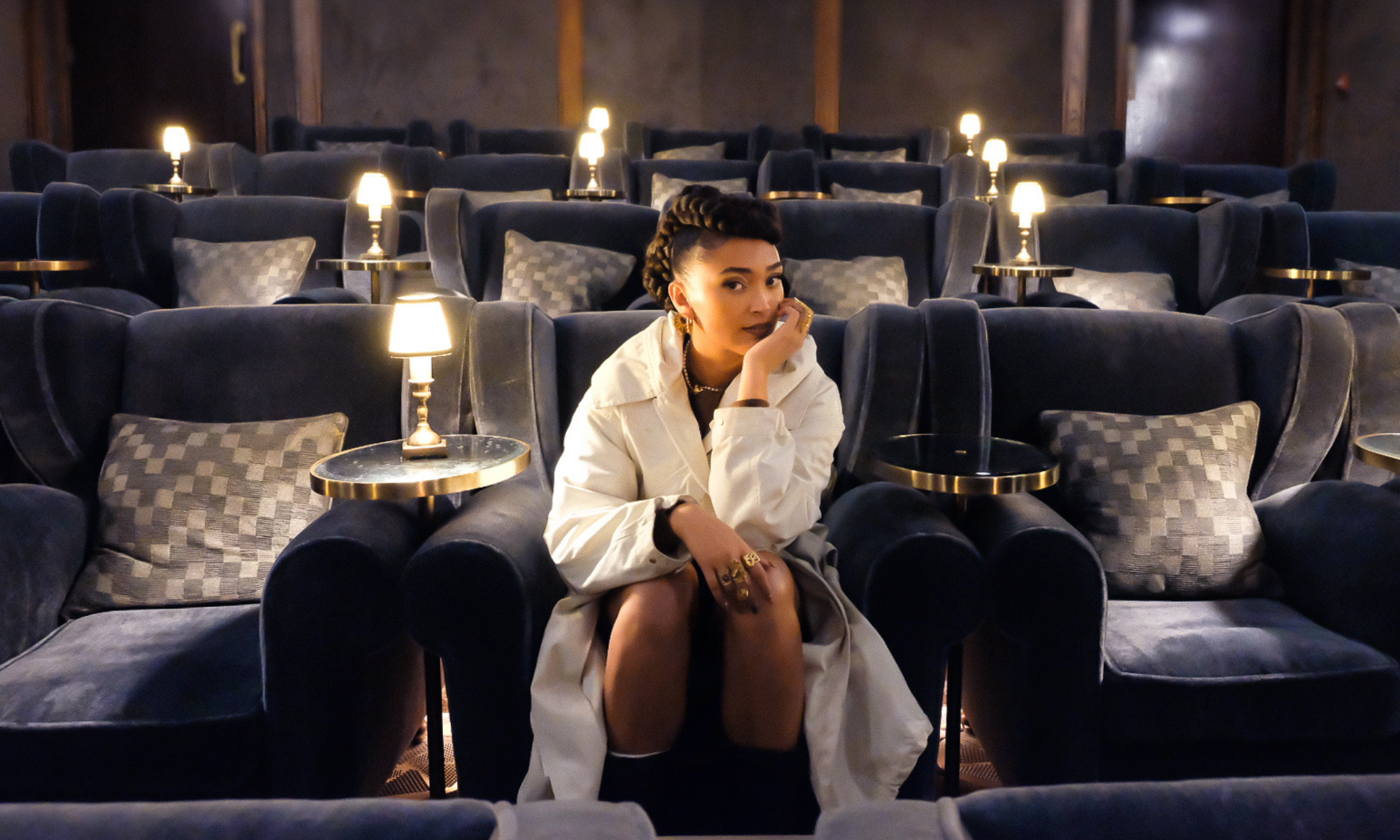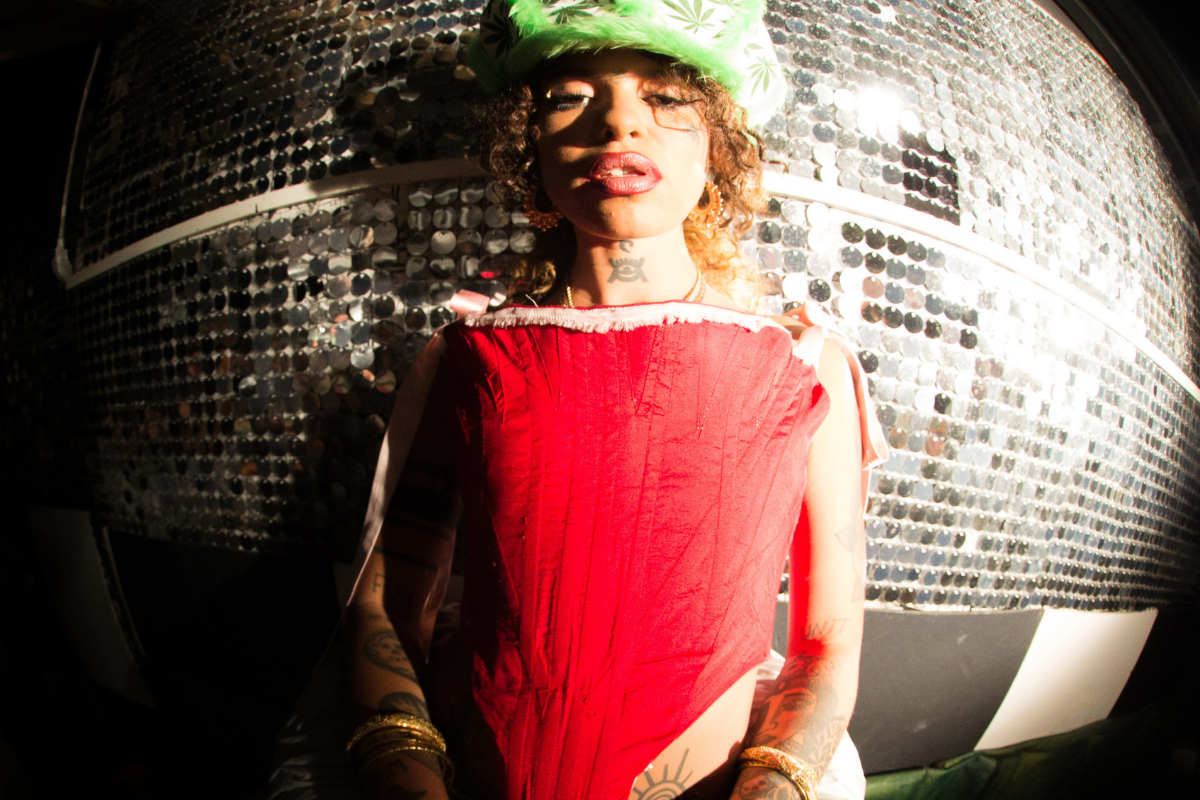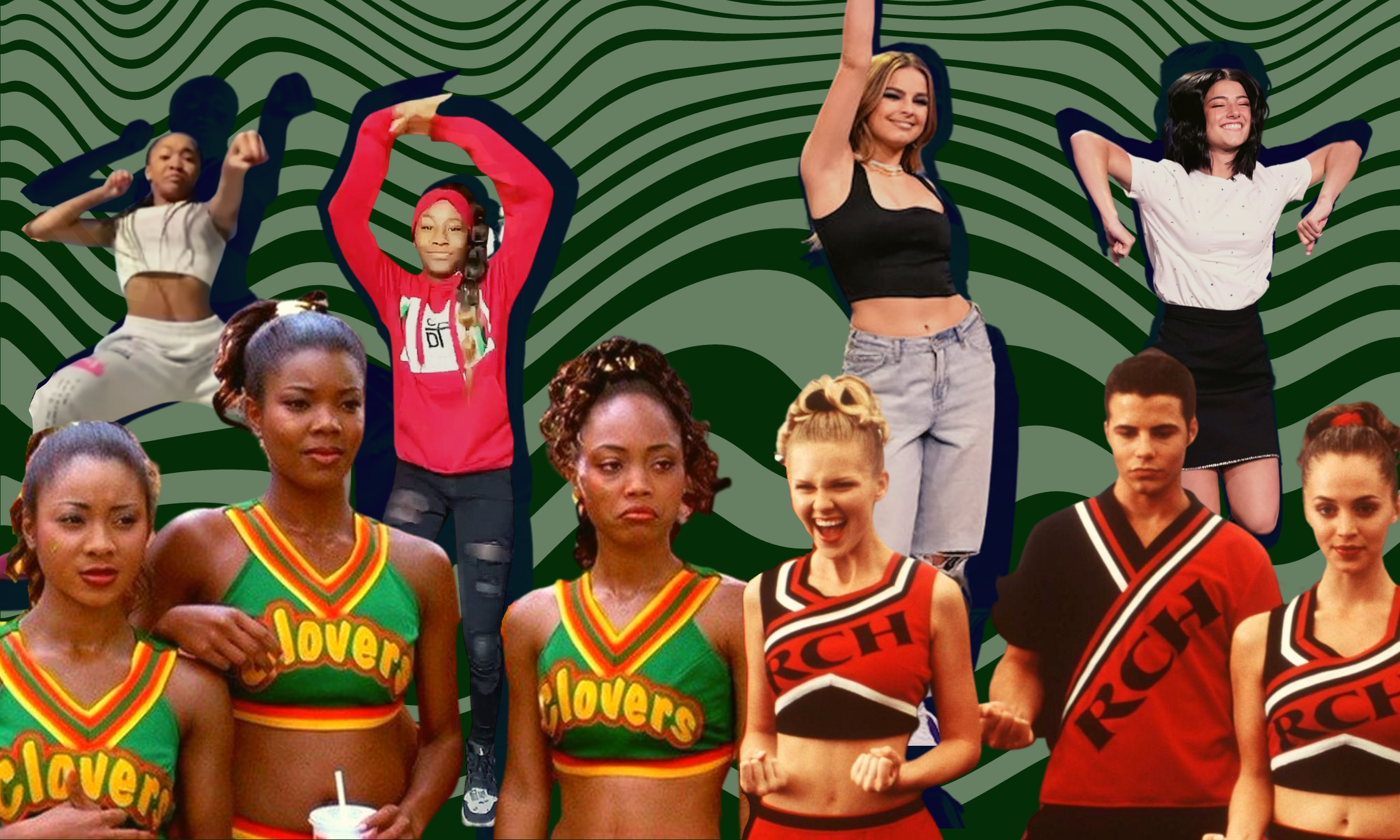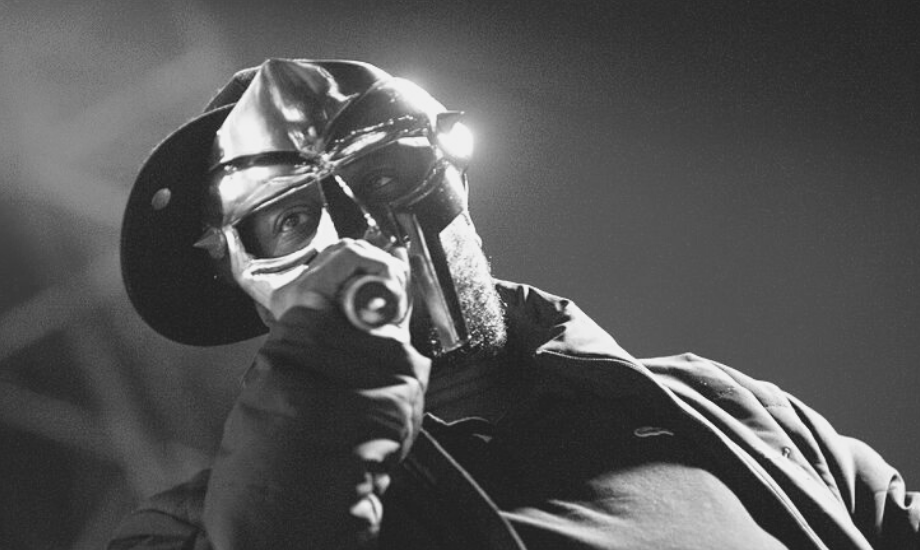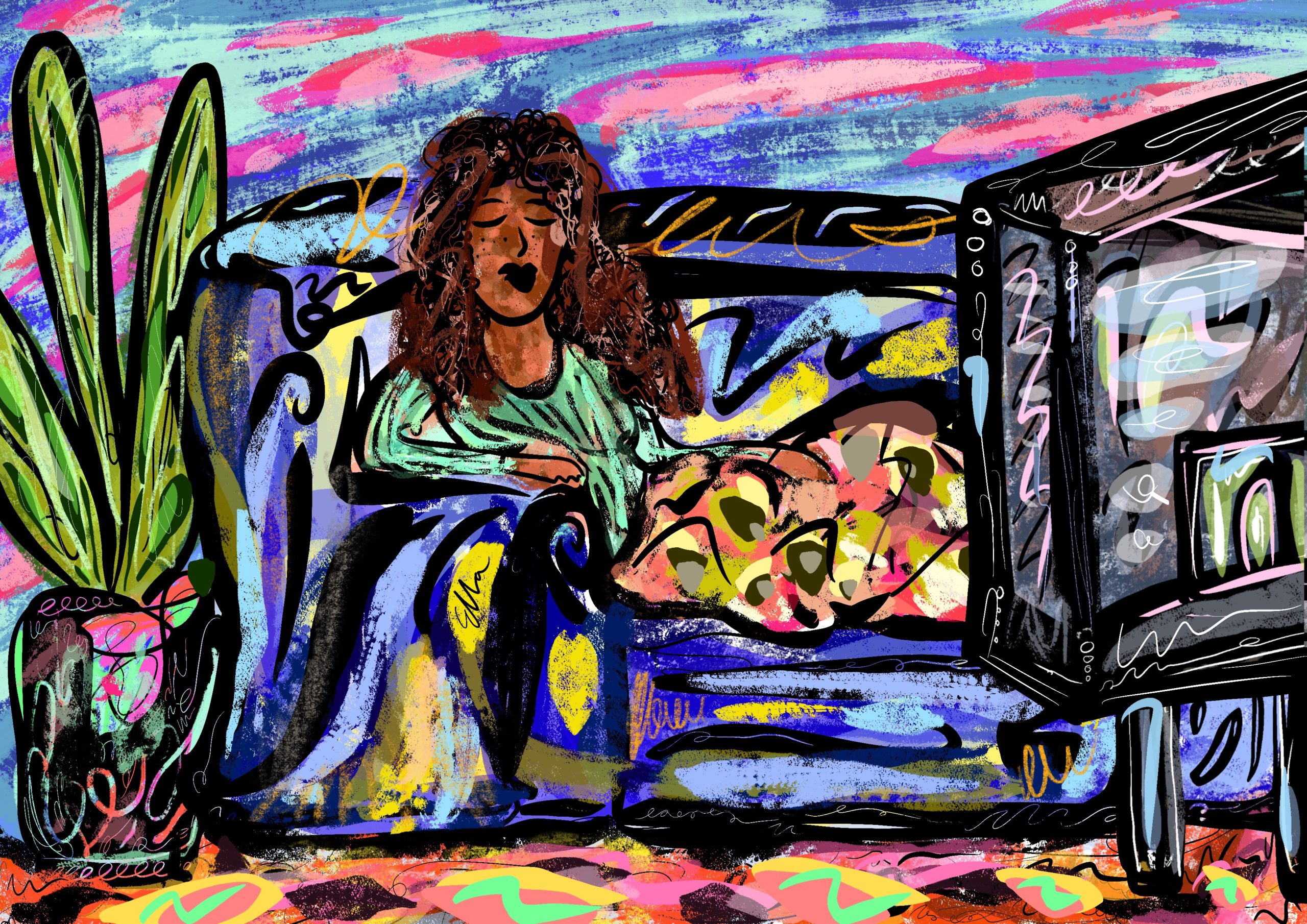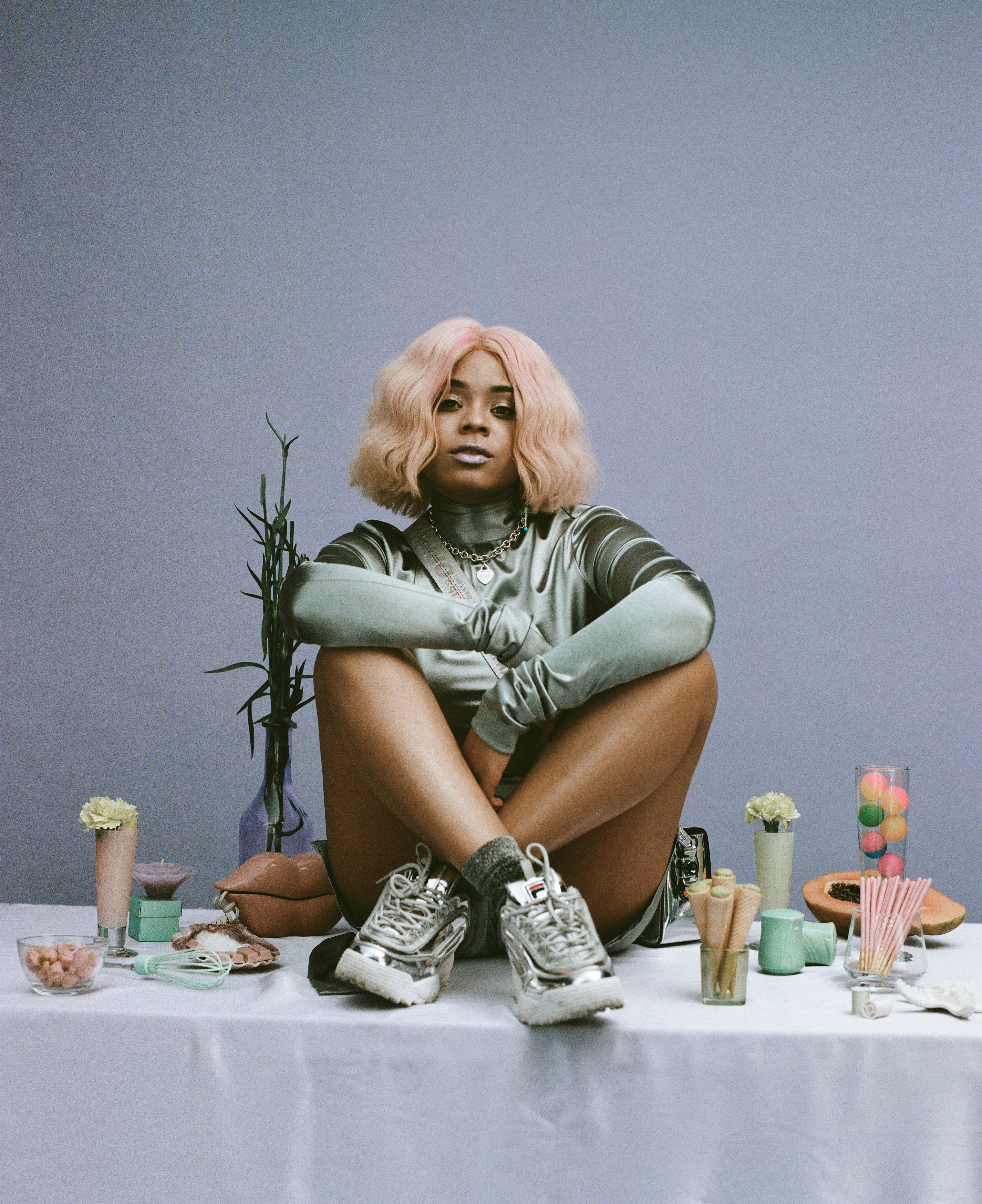
Image by Madeleine Dalla
When I meet Tayla Parx, it’s at Abbey Road Studios. A few weeks before the album is set to launch, Tayla’s in London supporting Anderson .Paak on his tour, and has last minute decided to record one final track for the album. It’s revealing of an artist very much aware of her own vision. Passing through swathes of tourists posing on the infamous zebra crossing, before taking a moment of personal pilgrimage to gaze in awe at the photo of Frank Ocean in the reception, I head to a studio.
Tayla’s name might not be one you’re familiar with right now. All the same, you definitely know and love her work. The 25-year-old Texan is best known as a songwriter, and in her career to date she’s written for the likes of The Internet, Mariah Carey, Janelle Monaé, Fifth Harmony, BTS and Ariana Grande (and that is honestly only naming a few). She spent much of her childhood in acting – you might have seen her in Everybody Hates Chris, Gilmore Girls or, most famously, playing Little Inez in the 2007 film version of Hairspray. She’s also done voiceover work for the Sims and the Walking Dead.
But now she wants to try her hand at being an artist: today marks the release of her debut album, We Need To Talk. Full of plush, playful sounds that meld the sonics of bright and breezy Tierra Whack-style hip-hop, sleek R&B, even sugary sweet indie and bouncy iterations of reggae, the GRAMMY-nominated artist is carving out a gleaming pop space. Combined with her lush visuals, and features from the likes of Joey Bada$$, this very much feels like it’s only the beginning.
Dressed in a yellow t-shirt and sporting blue her, she is distinctly colourful and has a relaxed warmth about her. We sit to discuss her career so far, her career to come, and the reaction to ‘7 Rings’.
gal-dem: Can you tell us about your upbringing in Dallas? Were you always into music?
Tayla Parx: Well, I grew up in the church, so everybody on my mom’s side of my family played an instrument or they sang in church – but they’re very, very shy! My mom was in the army, so I used to go to my grandmother’s house in Louisiana, who happened to have a church built onto her house – I come from a very religious family. So one day my grandmother brings me back to my parents’ house and she’s like, ‘you know, your kid can sing right?’. I’m barely talking at this point. And that opened up the curiosity for me to eventually become classically trained and then all of these different types of development started happening naturally. All of a sudden I had a karaoke machine and it had people like [singer-songwriter/producer] Babyface.
It’s wild that you’ve ended up writing with Babyface since.
You know, I was like nine or 10, so I didn’t know at the time, ‘Yo, I’m listening to singer-songwriters and that’s eventually what I’m going to be’. But yeah, it’s crazy to look backwards at it now.
So then you moved to LA to be a child actor, and also started doing voiceover work. How did you get back to music?
Right after the acting people saw me as more of an actress than a musician. So at that point I didn’t want to sign a record deal – I didn’t want to do things too soon and mess up. I know now there’s no such thing is messing up. But at the time it really allowed me to see what people saw value in. I couldn’t get anybody to write a song for me because I wouldn’t sign a deal, so I decided to see if I could do it myself. My dad bought me [production software] Logic and a keyboard, because I played piano, and I just started to learn and make music in my room out of necessity, at first, because I didn’t know that songwriting in itself was a job. I feel like it’s in the past couple years that the masses have become aware and started caring about the people behind the songs.
Can we talk about your very extensive list of songwriting credits? I was scrolling through your Wiki earlier and wow.
[Laughs] It’s been nuts. From 17 to 25, being able to work with some of my favourite artists, as well as some artists from the very beginning. Like with Ariana, when we both started out, we were both not really seen as musicians – so watching the growth of musicians around me and being part of that growth has been incredible.
Because you’ve touched on Ariana, I have to ask about ‘7 Rings’. There was so much discourse about that song, how did that make you feel?
When somebody looks at a song like ‘7 Rings’ and they want to call out cultural appropriation, it’s not that actually. It’s bringing genres in and taking what makes them special – every genre of music does that. And obviously the people that were saying that stuff didn’t realise that black girls wrote that song. So instead of being happy that for once black people were the ones who made that, versus some other writers who aren’t – usually that’s what happens, you have a writer that isn’t from our culture that just takes it for an artist that’s not from our culture as well. This one, it should have been and still should be celebrated, that we’re two black girls who have written this song with Ariana. We’re working with an artist who is happy to celebrate the fact that people of colour are making this music – she’s kind of been more supportive than sometimes even artists of color. I think that it’s important for people to not take the whole genre things so seriously because if you know music, you know that we’re all taking from each other. We’re all influenced. As long as it’s done respectfully, that’s how music evolves.
You’ve written for K-pop artists too – how do you decide who you want to write with?
I was curious about this genre that actually sells and makes money from physical copies. Then I went to Korea, and I just have this whole respect for how they play with gender, and also with genre – they’ll sometimes have like three genres in one song! And then I heard this gospel artist the other day, and also wanted to know, how can I work with Rosalía? I think my desire to work with other people comes from a place of curiosity. But also because the music industry is small, so people will hear a song I did with someone else that they like and then reach out.
And then how do you decide which songs you want to keep for yourself?
I think that’s actually a lot simpler than it sounds. I write about 200 songs a year, and with my own artistry, I simply go in and I do whatever I want. It’s a completely different vibe versus a pop star, where I come in and take their emotions and put an artist type of perspective on it.
Your sound is quite distinctly you – how did you go about developing it?
I think that I started to discover my style outwardly first – when it comes to clothes, I know exactly why am I going to go into a store and pick out what I like in 10 minutes and then I’m out, Like that’s how sure I am of me – so I wanted to know, how can I make my music reflect that exact same thing? How can you watch a music video of mine on mute and know exactly what that song sounds like? And it was a really fun experience, lifting up rocks and finding producers that people hadn’t worked with before, and producing a lot of the stuff for myself, bringing somebody else in on that. It’s been a really cool time to find more of an identity for myself.
Can you tell us about your album, We Need To Talk?
It’s been really fun, just exploring different identities and discovering myself through these songs – my identity and the way that I correlate to feminism, the way that I have an equal amount of masculinity. I think that there have been so many boxes I’ve broken out of all of these years and that’s what this project is – it’s the place where all my worlds collide. It’s quirky, fun, it’s empowering but also vulnerable. I always used to be jealous of people that could just throw themselves into love, because I think that you just had to be a little crazy to fall in love. In this album cycle – a year and a half of my life – I’ve really grown, and now I’m able to say I’ve found the strength in being vulnerable. I found that it’s worth jumping into the water, even if you’re scared as fuck. “We need to talk” is like, I needed to talk to myself, looking in the mirror and being like, ‘okay girl, shit’s changing and shit is changing fast’. with Warren with it. All right, look, go. You know? Yeah, it’s crazy. This is an album about self discovery, and I want to know what other people are learning about themselves: what do you feel like we need to talk about?
I hate asking one of those ‘what is it like as a black woman in the music industry’ questions, because we all know being a woman of colour in music is exhausting and you shouldn’t have to just talk about that – but I was curious about your experiences as a songwriter?
I’ve had to work ten times harder to get the same amount of respect. It’s not until you look on my Wiki and you see that I’ve been working so consistently – I had 28 songs come out last year, you know? But a white man could write one big song, and they’re all of a sudden the new David Foster, all of a sudden they’re the new Babyface. But it’s like, I can’t even get respect! I’ve done triple the amount of work. It’s the same thing for my peers – women and women of colour, especially. But that’s also the thing that I think pushed me to prove all that wrong. Because now it’s like, oh, you thought I was only going write R&B music, huh? Well, I’m now one of the few people that’s had number ones in so many different genres and I plan to keep doing it, to prove a point. To prove the simple fact that there’s another little black girl, or even another minority, even if you’re a white girl, there’s another girl who can say, ‘Hey, I see that it’s possible. Let me take it to another level.’
Tayla Parx’s debut album, We Need To Talk, is out now on Taylamade / Atlantic. You can listen on Spotify.

